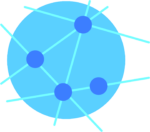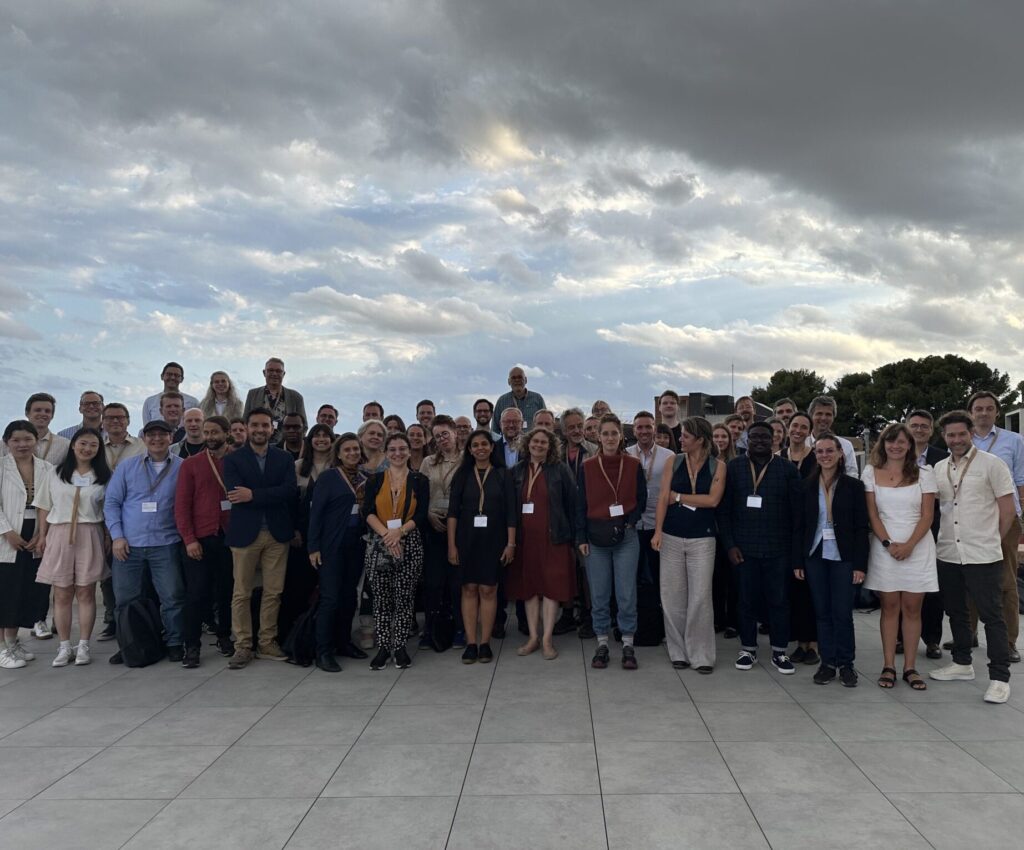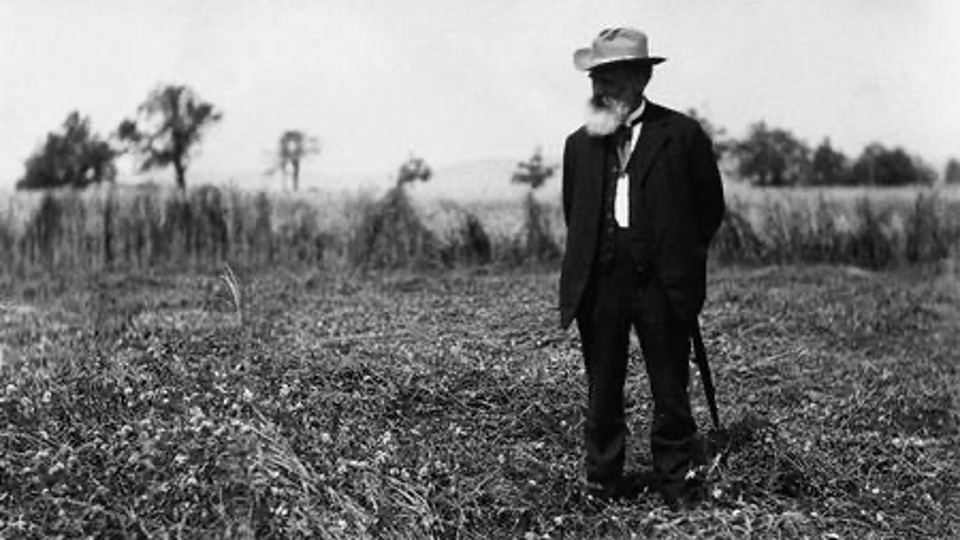
Independent research institute on digitisation
Dear colleagues, dear friends,
The month of December 2024 brings the end of our first year of activity in the scientific association IRIN. It has been rich in events and publications.
In January we spent a week in Temuco, Chile, attending the 7th International Conference on Technology and Information Systems. We presented a paper, subsequently published by Springer, on the notions of overlays and digital chimera in information infrastructures. The idea is that an object whose meaning we seem to share in discourse, such as “Jane’s farm”, will not find a univocal meaning in the IT systems of organisations that manage information about… Jane’s farm. The hope of unambiguous meaning, on which the promises of centralising or standardising data on a large scale (such as that of an economic sector) is based, is in fact no more than a chimera.

In June we travelled to Lucerne, Switzerland to attend the 10th International Conference on e-Democracy and eGovernment. We presented a second paper, subsequently published in the IEEE Computer Society, on how government-led IT developments shape (and are shaped by) information infrastructures. Our aim was to defend a specific role for government: that of ensuring that its developments in the information infrastructure of a sector such as healthcare guarantee the collaborative and collective development of digital services, such as a drug-drug interaction decision support tool. Without collective collaboration (namely distribution), such services, which involve shared action (around the patient at least physicians, pharmacists, and experts on dangerous interactions), simply cannot exist.
In July we were in Amsterdam, the Netherlands, for the EASST-4S, the annual conference of the Society for the Social Studies of Science and Technology. We gave two talks: on digital sovereignty and on application programming interfaces (APIs). On digital sovereignty, we showed how the digital developments promoted by the Federal Office of Agriculture since the 1990s undermine a principle dear to Switzerland and enshrined in its Constitution: subsidiarity, which allows the Cantons to exercise their sovereignty over all matters not explicitly assigned to the federal State. With regard to APIs, we showed how this apparently purely technical object conceals a socio-technical mechanism that makes it possible to create relationships of dependence between the computer systems that use it, right up to the level of the actors or organisations that operate these systems. Connecting with others (interacting) always implies relationships of dependence. The question is to determine the nature of these dependencies, whether they are pre-existing or induced by the usage of digital technology: symmetrical or asymmetrical, reciprocal or unidirectional.
In September we travelled to Barcelona, Spain, as members of the Scientific and Organising Committee for the 7th Workshop on Innovation in Information Infrastructures. It was an opportunity for us to reunite with our Scottish colleagues who we had invited to Lausanne in 2022 as part of the Governance by Infrastructure Workshop. In Barcelona, we were able to meet and exchange views with a wider network of Nordic, Spanish and Italian colleagues. Listening to the presentations of their work inspired us to launch a new special edition project… Because 2024 was also about special editions.

October saw the publication in First Monday of the second part of the special issue on Governance by Infrastructure, resulting from the 2022 workshop. The first part had been published in February. The October issue marked the end of our first experiment as editors and the first steps towards our goal of putting governance by infrastructure on the research agenda. Governance *by* operates through the very design of digital infrastructures. It acts as a complement to the governance *of* these assemblages, operating through our social, commercial, and legal arrangements.
Finally, in November, Nomos published a book chapter based on a presentation we gave at the University of Ferrara in Italy in the summer of 2023. This contribution was an opportunity to look back on our 2018-2019 fieldwork in Swiss agriculture and its two projects opposed in their vision of digitisation: the Barto centralised platform and the ADA distributed platform. Rooted in European law, the book chapter shows how the Barto project, in its quest to centralise data, threatened to make Swiss farmers vulnerable, whereas the ADA project, thanks to its distributed technical design, made it possible for farmers to tune their level of trust in the organisations that manage their data and to establish mechanisms of accountability of the latter in the agricultural sector. What would Ernst Laur, the first president of the Swiss Farmers’ Union and a great defender of farmers at the end of the 19th century, think if he were living in our digital age?

In addition to these events and publications, 2024 also brought along the Association’s first research mandate, commissioned by the University of Geneva. It was an opportunity to apply our knowledge and expertise in fieldwork, project management, and fundraising to an important research topic: the double transition, digital and ecological.
We look forward to continuing this work in 2025, a year which, according to the decision taken at our retraite in Gruyère, will be dedicated to the theme of information infrastructures and their alter-politics!
We wish you, dear colleagues, dear friends, a festive year’s end and a Happy New Year !
See you soon,
Léa & Alain
